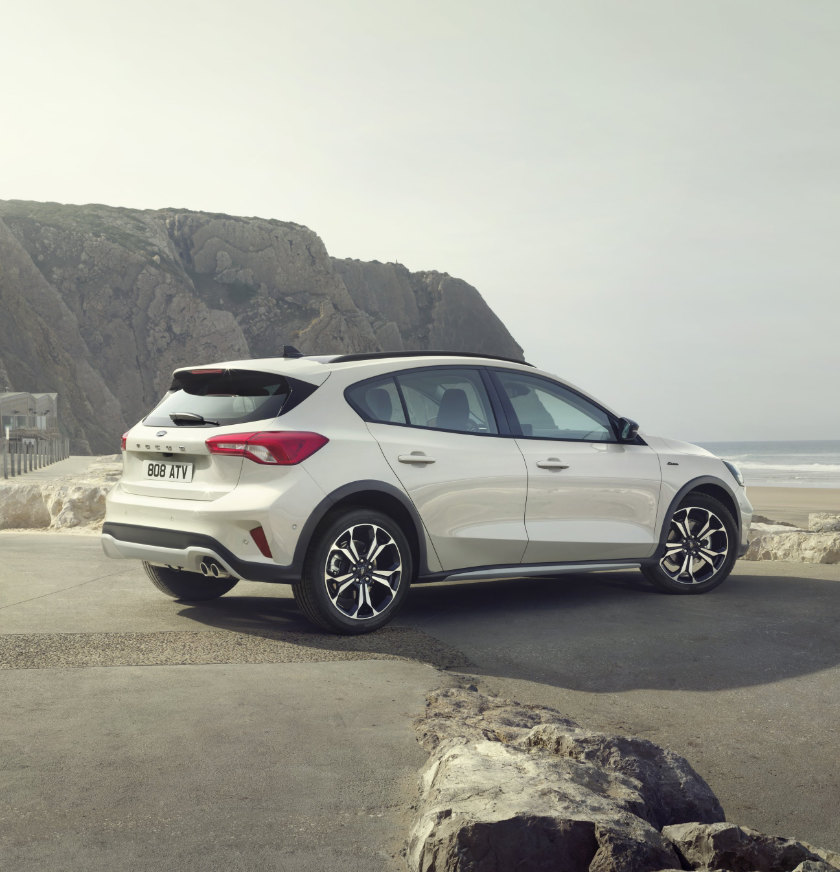
The Ford Focus Active: by the turn of the decade, this will be the only four-door passenger car Ford will sell in the US and Canada
In a surprise move, Ford has announced that it will cease selling passenger cars in the US and Canada by the early 2020s, excepting the Mustang and the Focus Active.
The announcement was actually for ‘North America’ but as Ford of México does a reasonable trade on Figos and Fiestas, it’s hard to see the policy be uniform right across the continent.
It’s a cost-cutting exercise, designed to save $25,500 million in five years, and trucks and SUVs simply make more money for them. Small cars mean small profits. In fact, car sales lag those of the F-series, Escape and Explorer in the US. Shares have risen on the news.
That means Americans and Canadians will say goodbye to the Fiesta, Fusion (the four-door sedan counterpart to the Mondeo) and Taurus, the last of which is already superseded in China. If you liked the cooking RS and STs, then too bad. Lincolns are losing money for Ford, too, so maybe the Continental will vanish—given the Fusion is history, the MKZ will follow. That doesn’t leave much in the Lincoln line-up.
My initial reaction was that the economies of scale would worsen: if you’re not developing for a global market, will development costs be successfully amortized in the same period? We have, however, seen the Japanese do reasonably well with products strictly for the North American market, e.g. certain Acuras and Hondas that are sold only in their neck of the woods. We also know most of the costs of the car are in the platform and architecture, and Ford has shown decent adaptability, particularly with the C519 Focus (the recently released Mk IV).
Ford says the cuts will come from sales and marketing, engineering and product development, as well as material costs, manufacturing and IT, in that order, according to Automotive News.
The fact that product development and engineering rank so highly there is worrying to me.
They’re bandying the word efficiency about a lot, and that always has me worried. That’s the word you used to hear from corporate raiders like Slater Walker. Things can look efficient while they’re being weakened.
CEO Jim Hackett says he’s feeding the healthy parts of the business, ‘and deal decisively with the parts that destroy value.’
While it’s true that the crossover, SUV and truck markets are strong, as they are in many parts of the world, I can’t help but think that Ford isn’t preparing itself for tougher future scenarios.
Energy crises can come unpredictably, for one. Ford was late to the downsizing game in the 1970s because it saw the dollar signs with big cars. By 1977, GM had stolen a real march on Ford. By the turn of the decade, Chrysler was back from the brink with fuel-efficient cars while Ford sailed into the red.
Chrysler found itself too truck- and SUV-heavy with the recession of the late 2000s, and its entry-level nameplate Plymouth had already vanished, thanks to mismanagement by Daimler earlier in the century.
While there’s not always a need for a full line—AMC taught us that extending yourself too far isn’t always wise—I wonder if Ford is leaving itself vulnerable.
Crossovers like the Escape, which might outsell the Fusion, are being beaten in the market-place by the likes of the Toyota RAV4, so it’s not as though Ford is that strong in all the markets it wishes to remain in.
GM, having pulled out of Europe and Russia, might be in better shape because of its position in China. Ford trails GM when it comes to its Chinese footprint, although it will remain in Europe.
Ford’s Jim Farley says the company is looking at new types of vehicles that are spacious, versatile and economical, which hopefully will fill the gap should economic surprises surface. Because you need something cheap to hook buyers and get them to the brand. That’s not going to happen if Focus Active is the smallest car in the line-up.
Ford is likely to have these on global platforms. But that signals to me a real need to remain strong in R&D. Failing that, Ford is looking to partner up with someone, and it may already have an idea who that is.
I am speculating here, since I don’t have any figures outlining what proportion of revenue is devoted to that area.
Nevertheless, this sounds like an appeasement of Wall Street.
That leaves one concern over nameplates. Ford has successfully introduced nameplates over the years because the product was right: Cortina, Mustang, Escort, Capri, Fiesta and Focus among them. But it has also failed by killing nameplates and replacing them with ones that had no real goodwill, such as Five Hundred and Freestyle.
Whatever Ford has in mind, I hope for their sake that the new product is compelling, as much as the Mustang and Fiesta were when they appeared on the market. Both emerged in the wake of economic recessions, with Ford innovating because it had to.
In this century, Alan Mulally’s time at Ford had a measured, sensible approach, where you could understand the future. There are question marks over what Hackett has planned, and usually we have some clue what these new products will be four years out. All I know of is that the Ranger will make it to the US again, boosting truck sales, but that’s hardly an innovation. That’s just filling a market niche with familiar product.
Will Ford do Brasil come up with something that can be sold in both North and South America? Perhaps the next-generation Ecosport?
There are lessons in history that shouldn’t be ignored, and Ford has one of the most interesting pasts of any car maker. There is, however, a feeling from the announcement that this heralds a time of retrenchment, as its profits fall globally, and net income in the US rising for the first quarter in part due to a lower tax rate.
Remember, Isuzu also once thought it was a good idea to stop selling passenger cars and focus on SUVs and trucks. And they’re no longer around in North America.
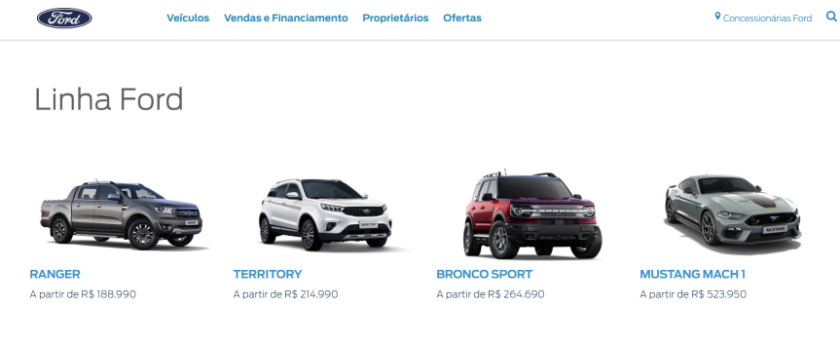
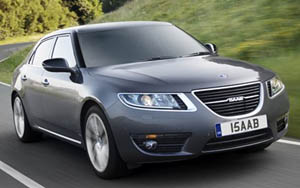
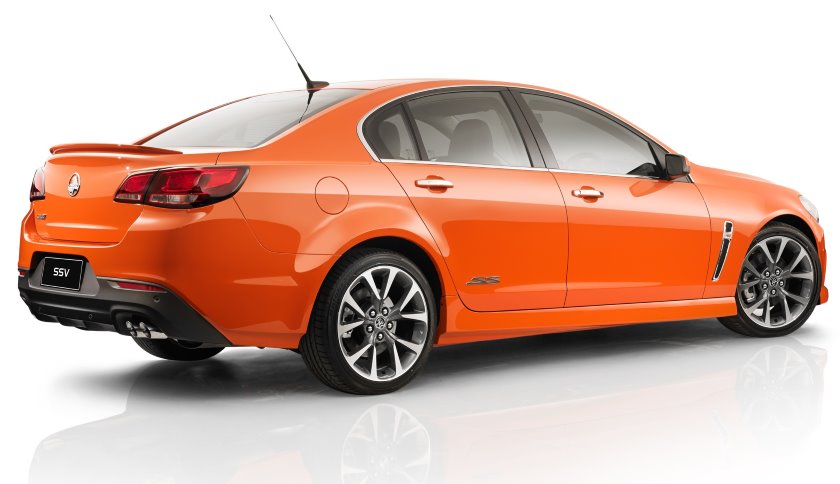
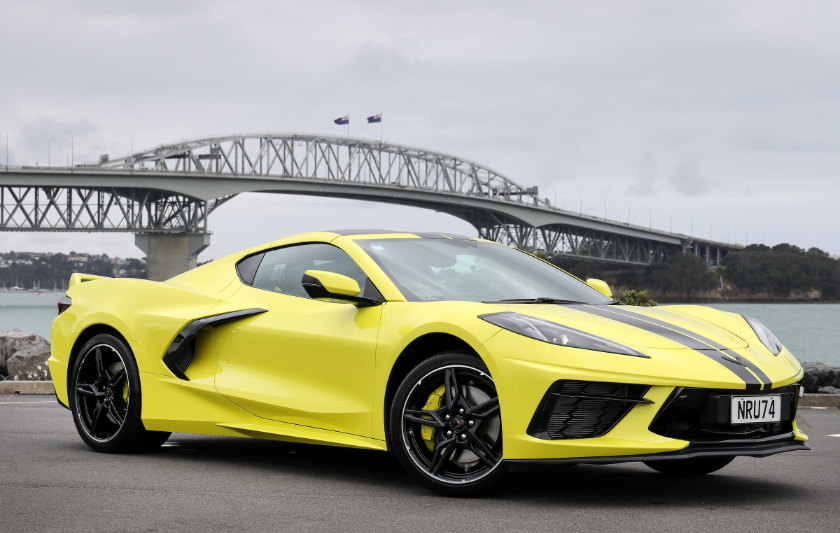
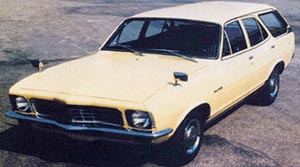
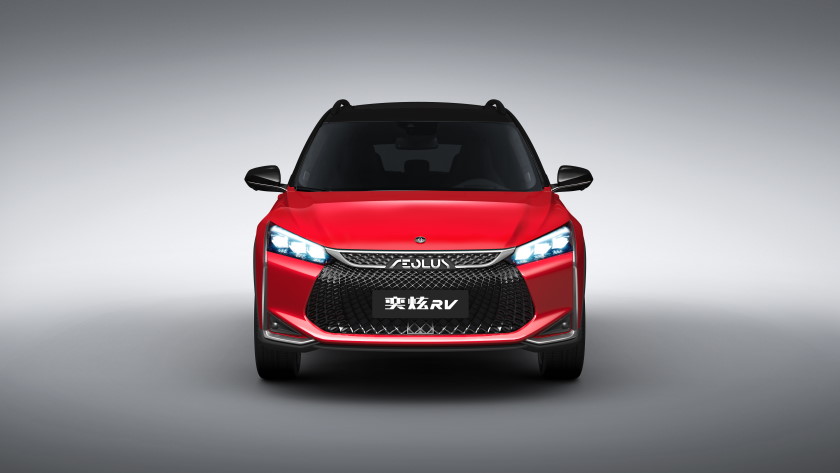
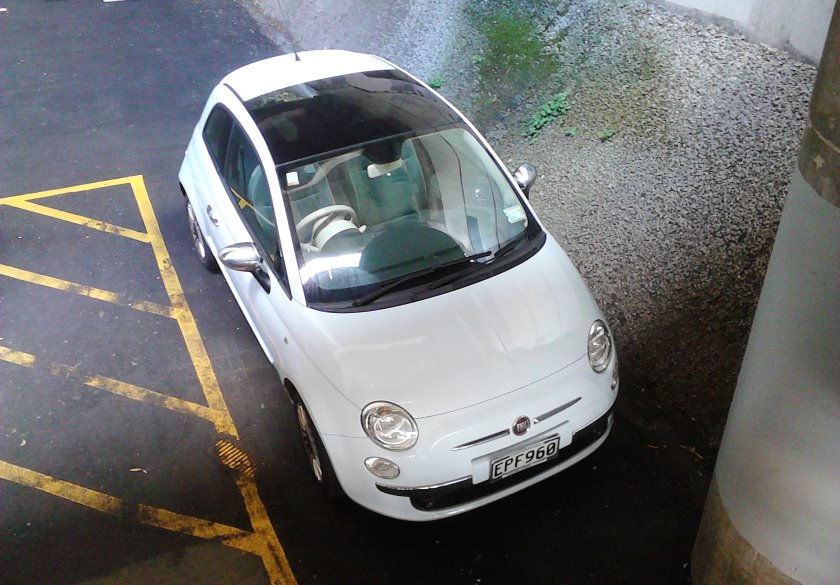
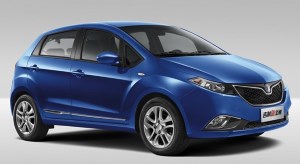
Well, that is certainly bad news. Just like Sears all over again, like they don’t actually want customers. I had wondered (in the back of my mind) about Isuzu before.
Hi Mich, apologies for not noticing you had commented. Here we are in 2024 and both Ford and GM are in worse shape. I think you were right: if their strategy was to rid themselves of customers, then they have succeeded remarkably well.